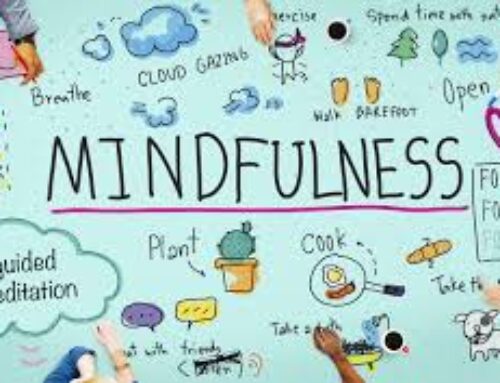
Every couple wants to be happy with their partner. When they initially got together they intended to make each other happy, and hoped that it would be reciprocated. Many partners feel they have sincerely tried, but have been unsuccessful, and don’t know what else to do. Some blame their partner, and others blame themselves.
Happiness is often the by-product of feeling loved. We all recognize during the initial phase of dating that euphoric state commonly referred to as “being in Love,” as being happy. It is this sense of extreme happiness that led us to become committed. We wanted to be this happy the rest of our lives. Unfortunately, all research indicates that the “in love” experience is temporary.
Remarkably, the answer to how to maintain happiness in relationships falls into five categories revealing a unique approach in how to effectively love another person. Different people with different personalities express love in different ways. These ways of expressing and receiving love are called love languages —there are five, and every individual has one they prefer above the others, and is referred to as their primary love language.
Discovering and learning to speak the primary love language of someone you love can radically strengthen and improve your relationship with them. Are you getting through emotionally? Every spouse has an emotional love cup. When their love cup is full, they are happy. When their love cup is empty, the whole world looks dark. The key to a full love cup is learning to speak your partners primary love language. Speak that language and their love will cup fill up quickly. Speak another language and it fills up more slowly. The mistake most often made is when you speak your own primary love language instead of your partners. You must first learn your partners primary love language and then begin to speak it fluently, even when it isn’t natural to do so.
To discover your own love language or that of someone you love, visit www.5lovelanguages.com

Stephanie Phillips, LCMHCS, NCC, CCTP
Psychotherapist & Owner
The Mindly Group, PLLC




